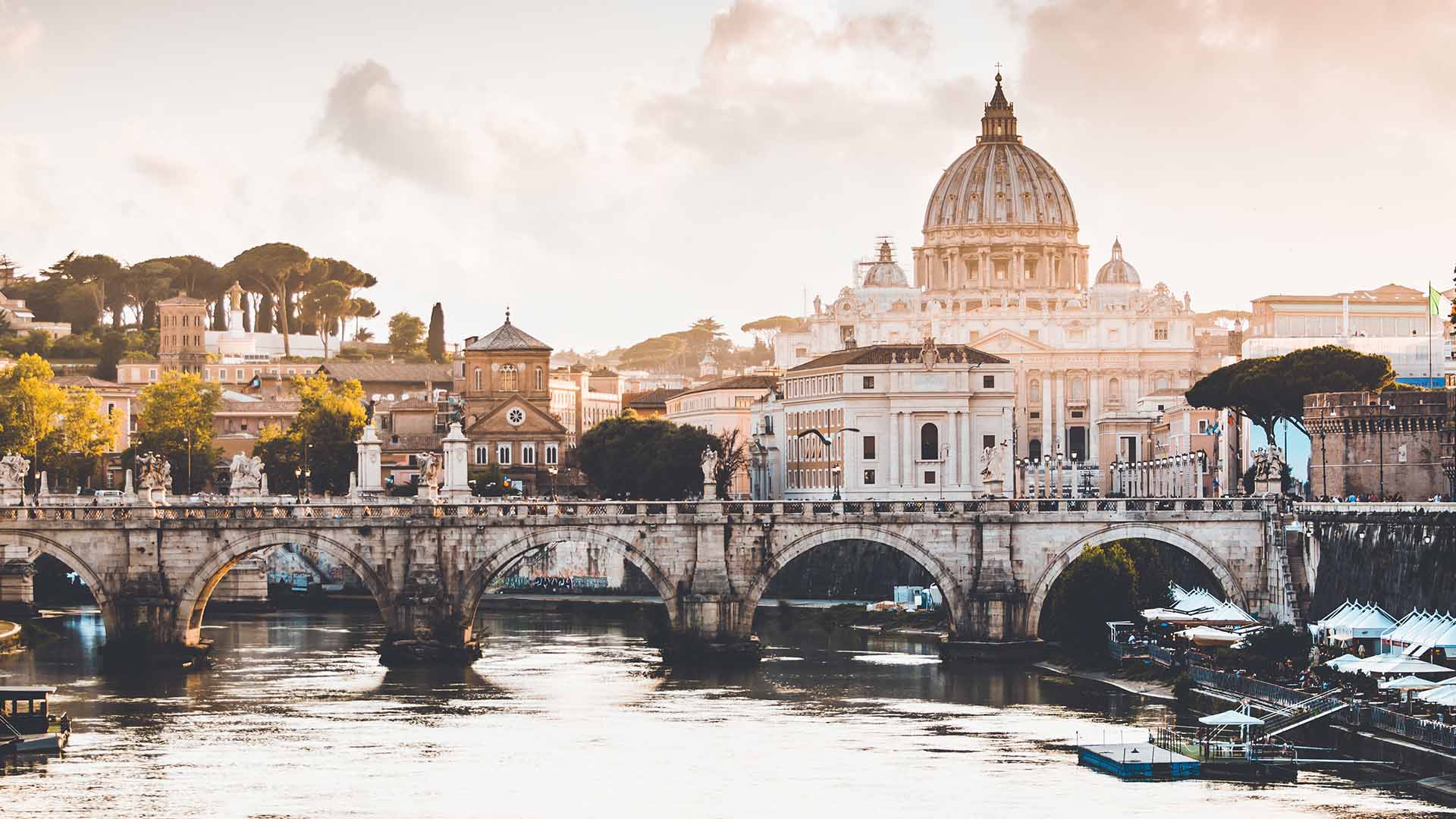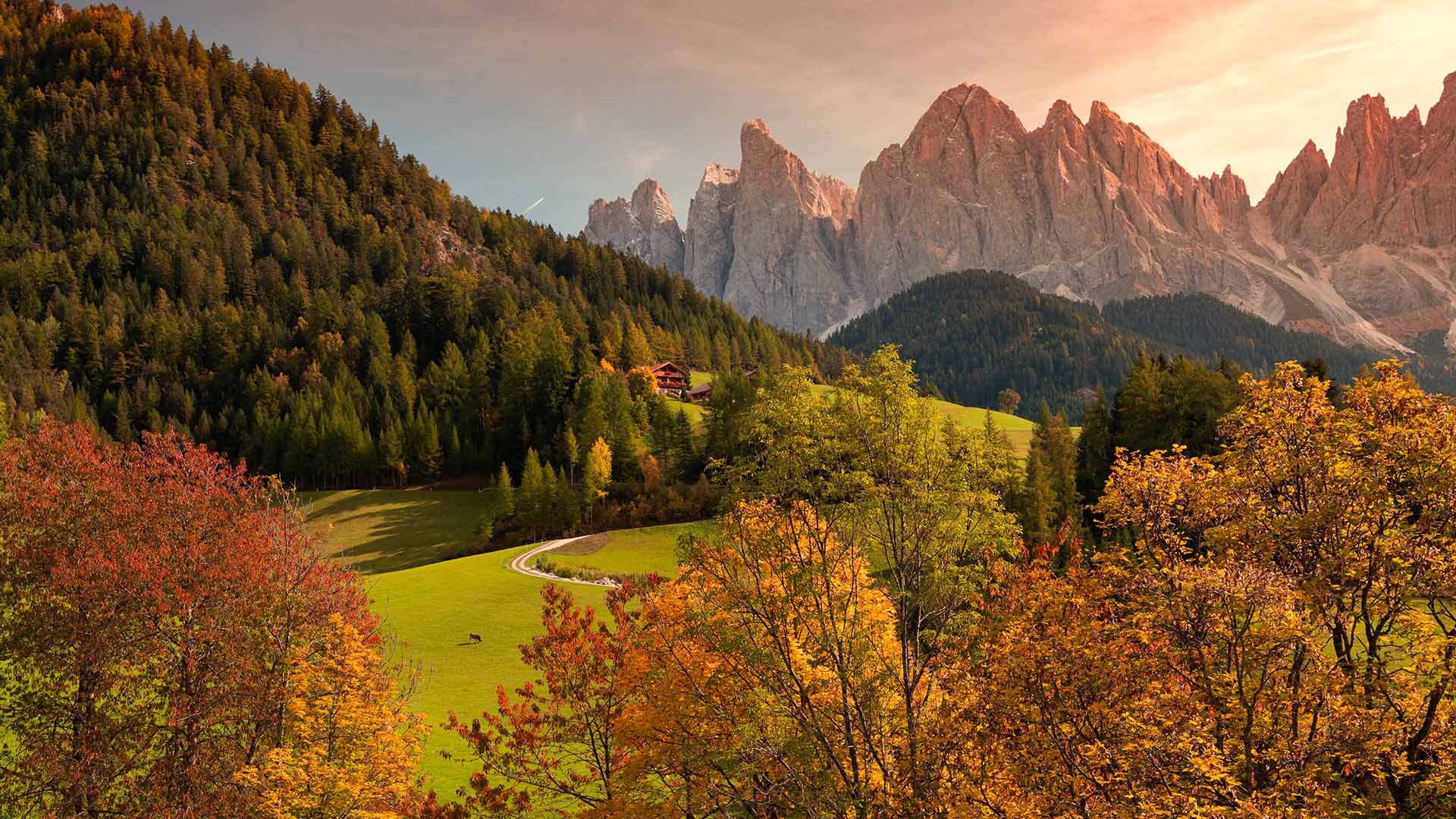To many people, the idea of society participating in a common, regular, recurring day of rest appears more appealing and necessary all the time. Businesses, faith communities, and even governments increasingly call for a weekly day of rest from manufacturing, business, travel, and other activities. Public health officials point out that a weekly rest every Sunday from large gatherings could dramatically reduce the spread of infectious disease. Scientists argue that cutting the planet’s carbon emissions by halting manufacturing and travel every Sunday could provide valuable time to combat the growing climate crisis, or even avert it altogether. Business leaders suggest that sending employees home for a Sunday “family day” will result in happier, healthier, more productive workers. And religious leaders increasingly present a common day of worship as a powerful tool in uniting the world’s fractured religious community.
What does the Bible say?
From its first mention in Genesis 2, the Sabbath is presented as a day of rest to be shared and experienced with others. According to the biblical record, God’s work at Creation Week climaxed on Day 6 with the creation of Adam and Eve, the first two human beings. Then, on Day 7, God rested with them on the first Sabbath rest:
“Thus the heavens and the earth were finished, and all the host of them. And on the seventh day God ended his work which he had made; and he rested on the seventh day from all his work which he had made. And God blessed the seventh day, and sanctified it: because that in it he had rested from all his work which God created and made.”
Genesis 2:1-3
That first Sabbath of rest was celebrated in a community, small though that community may have been. Centuries later, when God reminded the nation of Israel about the Sabbath in the fourth commandment, He emphasized the importance of the Sabbath for the entire community:
“Remember the sabbath day, to keep it holy. Six days shalt thou labour, and do all thy work: But the seventh day is the sabbath of the LORD thy God: in it thou shalt not do any work, thou, nor thy son, nor thy daughter, thy manservant, nor thy maidservant, nor thy cattle, nor thy stranger that is within thy gates.”
Exodus 20:8-11
Later in Israel’s history, the prophet Isaiah revealed that the Sabbath was intended not just for the Jewish community, but also for the “sons of the stranger, that join themselves to the Lord” (Isaiah 56:6). In other words, this blessing dating back to creation was to be valued and shared by all people that recognize God as their Creator. Isaiah ended his long book of poetry and prophecy by predicting that in the future, “from one Sabbath to another, shall all flesh come to worship before [the Lord]” (Isaiah 66:23).Later in Israel’s history, the prophet Isaiah revealed that the Sabbath was intended not just for the Jewish community, but also for the “sons of the stranger, that join themselves to the Lord” (Isaiah 56:6). In other words, this blessing dating back to creation was to be valued and shared by all people that recognize God as their Creator. Isaiah ended his long book of poetry and prophecy by predicting that in the future, “from one Sabbath to another, shall all flesh come to worship before [the Lord]” (Isaiah 66:23).





